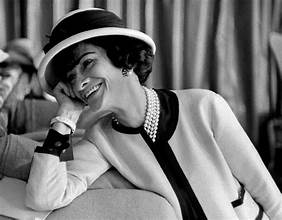You may have a great brand story. But is it effective? Is it hitting the right spots?
There are great stories and there are effective stories.
Authors and movie makers tell great stories. Sometimes the stories affect you, you feel a certain way—happy and inspired after watching Pitch Perfect, sad and hopeful after reading Mockingjay.
Religious leaders and marketeers tell effective stories. They know the effect they want to create, and choose the story that brings about the desired emotion. The purpose of their story is to affect the listener in a specific way, and for the listener to take action.
Google’s Loretta Super Bowl 2020 Commercial
The most unforgettable Superbowl commercial of 2019 is Google’s Loretta ad. Google wants us, their customers, to trust their search engine, trust it intimately. Not only will we keep on using Google, but we feel safe, secure, and cared for when we use the search engine. The intensely emotional commercial features Loretta’s husband who uses Google Assistant to remember her, his late wife. He searches for photos, places visited, a favorite movie, and more, so as not to forget her.
The Loretta commercial stood out and ranked at the top for branding and messaging amongst all Superbowl ads that year. It was a subtle plug that cuts deep—the story it told made me feel sad and elated at the same time. I was overpowered by emotions—nostalgia, hope, love. I put myself in the story, and put aside the creep factor—a machine that knows me so personally. I am grateful for Google Assistant, a hands-free everyday tool. I am a forever fan. There’s something humanlike and earnest about Google’s AI, and I trust her.
Tell an Effective Story
As a marketeer, you need to tell an effective story. Know your customer, know what she needs, know why you are the only one with the solution for her. And know how you want her to feel. If you are not sure of any of these, here’s a hack from Shakespeare that will help you. And If you know them already, this hack will hone your story — the better for your story to cut deep with a message that sticks.
Shakespeare’s 5-act story structure.
Have your story in mind and jot your answers to these questions.
- The Set up
Where were you in life when this began? What was the situation?
2. The Inciting Incident
What motivated you to want to give, get or do something?
3. The Rising Action
What was at stake?
What hope or fear drove you? What did you stand to gain or lose?
a)
b)
c)
4. The Climax
How you turned the corner
What finally changed? Did you succeed, fail, feel a shift?
5.The Resolution
So what?
Why is the story significant?
What changed for you? Who were you before vs. after?
Use your answers to retell your story.
Is your story more effective? Does it hit the right spots? Let me know



